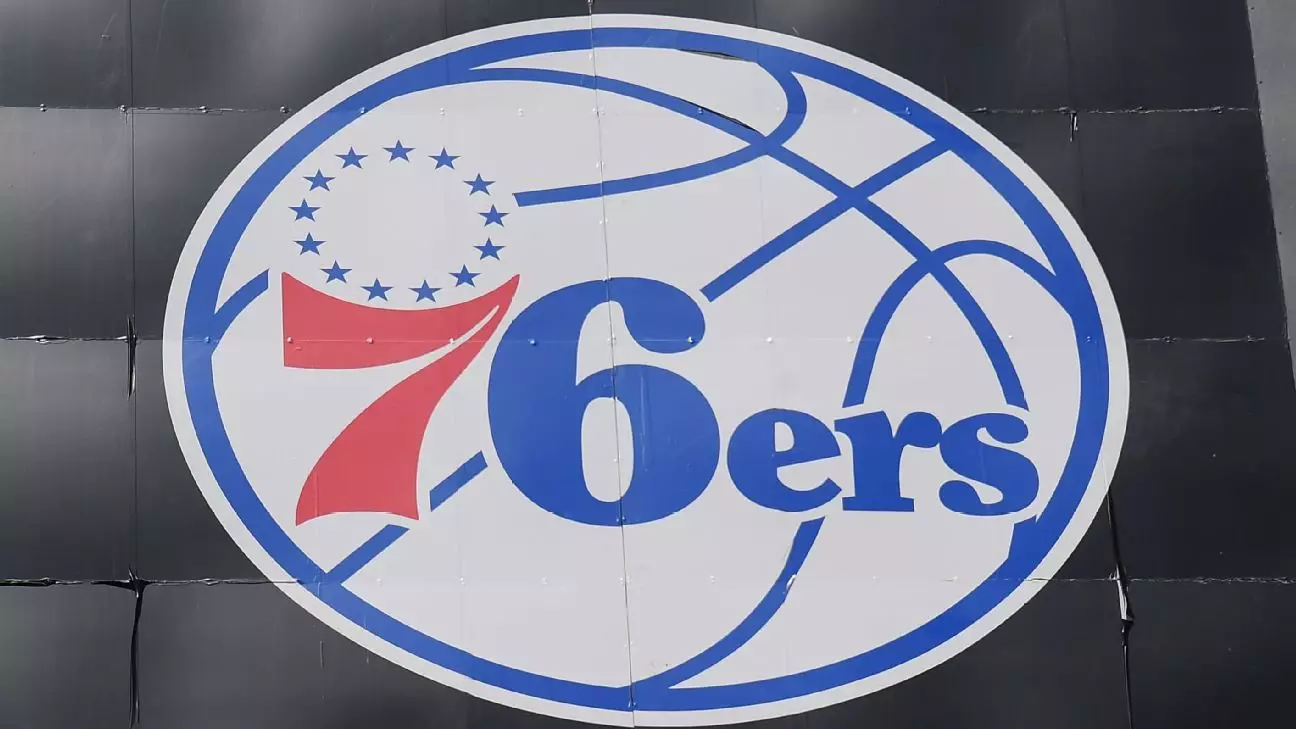In a surprising turn of events, the Philadelphia 76ers have opted not to proceed with their ambitious $1.3 billion project to build a downtown arena, a decision that came shortly after receiving approval from the city council. This recent development has left many stakeholders in shock, especially given the amount of time and effort spent on garnering support for what was seen as a contentious project. The Philadelphia Inquirer broke the story, revealing that multiple members of the city council confirmed the shift in the 76ers’ plans. Instead, the team will now maintain its presence in the existing sports stadium district, yet specific details surrounding this new direction remain scarce.
The announcement was met with a mix of relief and skepticism, especially from opponents of the downtown move. City Council members Jamie Gauthier and Rue Landau, who had voted against the original arena plan, expressed satisfaction that the 76ers would remain in the stadium district. They criticized the team’s development strategies, claiming that negotiations had not been conducted in good faith. The duo’s sentiments highlight a growing concern regarding how developers interact with city officials and constituents, emphasizing a need for mutual respect and clearer communication.
These comments reflect a broader unease regarding the implications of high-stakes sports projects in urban environments, which often pit economic development against community interests. The reversal raises questions about the future dynamics between the team and city leadership, especially considering that public backing can be tenuous in a city as vibrant and diverse as Philadelphia.
The community’s response to the initial proposal had been charged with a sense of protectiveness, especially from the nearby Chinatown neighborhood. Local residents and activists voiced their fears that the proposed arena would exacerbate existing issues such as gentrification and traffic congestion. In their view, the downtown arena would lead to displacement and a disruption of the local culture. In the face of such strong opposition, the council had voted to approve the arena project, but public sentiment suggested deep divisions within the community.
The history of proposed developments in Chinatown, including casinos and highways, has created a legacy of mistrust. The community’s longstanding resistance to outside pressures is a testament to their resilience, demonstrating that the fight against perceived injustices remains a hallmark of city life. Just as they have successfully opposed other projects in the past, community leaders viewed the 76ers’ withdrawal as a potential victory in a larger battle against neglect and disregard for local interests.
The Broader Economic Implications
Supporters of the downtown arena had marketed the project as an opportunity for economic revitalization in an area that has struggled for years. The ambitious vision of transforming Market East into a bustling retail corridor held the promise of new jobs and increased tax revenue. Mayor Cherelle Parker previously heralded the proposal as a “historic game-changing economic development project,” aimed at benefiting the entire city. However, the fallout from the decision to halt the project raises crucial questions about how city leaders prioritize development while maintaining community integrity.
Additionally, the financial architecture of the proposed arena included a $6 million annual payment structure in lieu of property taxes, suggesting a strategic move to lessen the financial burden on the city while accessing state and federal funds. However, with the retraction of the plan, there is uncertainty about how such financial arrangements might evolve in the future and what new plans might entail.
Looking Ahead: The Future of the 76ers
As the Philadelphia 76ers transition back to their original stadium location, only time will tell how this decision will impact their relationship with the community and local government. The concerns around traffic, gentrification, and community loss of identity are far from resolved and will likely need to be addressed in any future discussions. This moment presents an opportunity for the 76ers to recalibrate their approach and engage meaningfully with stakeholders, fostering a sense of collaboration that honors the history and identity of Philadelphia.
The direction in which the 76ers move next will undoubtedly shape the narrative of both the team and the city. Ultimately, this shift away from building a new arena may serve as a crucial lesson in community relations and development in Philadelphia, one where respect, dialogue, and inclusivity take center stage in any future endeavors.


Leave a Reply